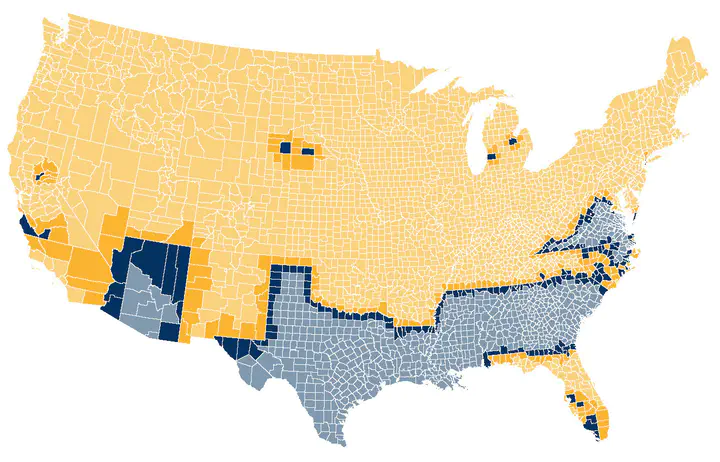Minority Enfranchisement and Local Preferences for Public Goods

Abstract
Previous research finds the Voting Rights Act of 1965 (VRA) increased the political power of Black communities. I analyze the broader effects of minority enfranchisement on local public finances by exploiting spatial discontinuities in the application of special provisions of the VRA. I find that among counties targeted by these special provisions, those with larger non-white population shares exhibited relative declines in revenues and expenditures, and relative increases in government fragmentation. The findings suggest that declines in revenues were not mechanical responses to changes in the tax base, but were instead likely due to changing preferences for public goods.
Type